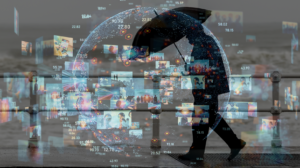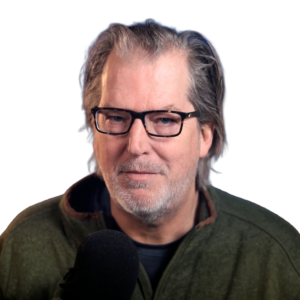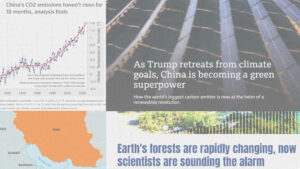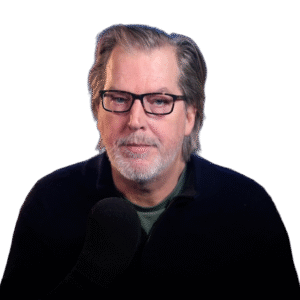
#71 | Frankly
Weakest Links: Depletion, Supply Chains, and Trust
Over past decades, abundance and peace have become the prevailing narratives in modern societies. The reality, as usual, is both more nuanced and more complex. Today, our financial and material wealth exists in parallel with declines in natural and social capital. Similarly, recent decades have caused us to become uber dependent on global ‘just-in-time’ supply chains. The unexpected exploding pager incident in Lebanon earlier this week throws the durability of, and trust in global supply chains in a new light. The benefits we’ve enjoyed from the ‘guns and butter comparative advantage’ of globalized trade, might also be at risk of decline – and is suddenly something we shouldn’t take for granted.
In today’s Frankly, Nate reflects on 7 key aspects of our socio-economic system which are in decline, with a main focus on the pager implication for globalization. What are the weakest links underpinning the status quo, and how close are they to breaking? Could it be that, just like the stability of our planet and social fabric, trust in global supply chains and globalization be areas of decline too?
Support The Institute for the Study of Energy and Our Future
In French, we have a motto that says that a simple drawing is often better than a long explanation. Jean-Marc Jancovici Carbone 4 President
That’s very understandable because with left atmosphere thinking, one of the problems is that you see everything as a series of problems that must have solutions. Iain McGilchrist Neuroscientist and Philosopher
We can’t have hundreds and hundreds of real relationships that are healthy because that requires time and effort and full attention and awareness of being in real relationship and conversation with the other human. Nate Hagens Director of ISEOF
This is the crux of the whole problem. Individual parts of nature are more valuable than the biocomplexity of nature. Thomas Crowther Founder Restor
Show Notes & Links to Learn More
Download transcript00:19 – Climate week NYC
00:35 – Black swan event
00:40 – Four Horsemen
00:48 – Israeli use of pagers in war against Hezbollah
02:27 – Oil and gas drilling in the US
02:41 – Graph: ExxonMobil report on 15% oil decline
03:08 – The Holocene
03:28 – Planetary boundaries we have crossed
03:53 – US adds $1 trillion to debt every three months + Debt in the US data
04:15 – Declining trust in: institutions + each other + the media
04:35 – Declining civility
05:13 – Parasympathetic Nervous System, Sympathetic Nervous System
06:50 – The fragility of ‘just-in-time’ supply chains
07:15 – Frankly on spite
09:15 – The Carbon Pulse
09:34 – Nearshoring
09:45 – Russia is one of few countries with supply chain oversight
10:08 – Roman Krznaric






